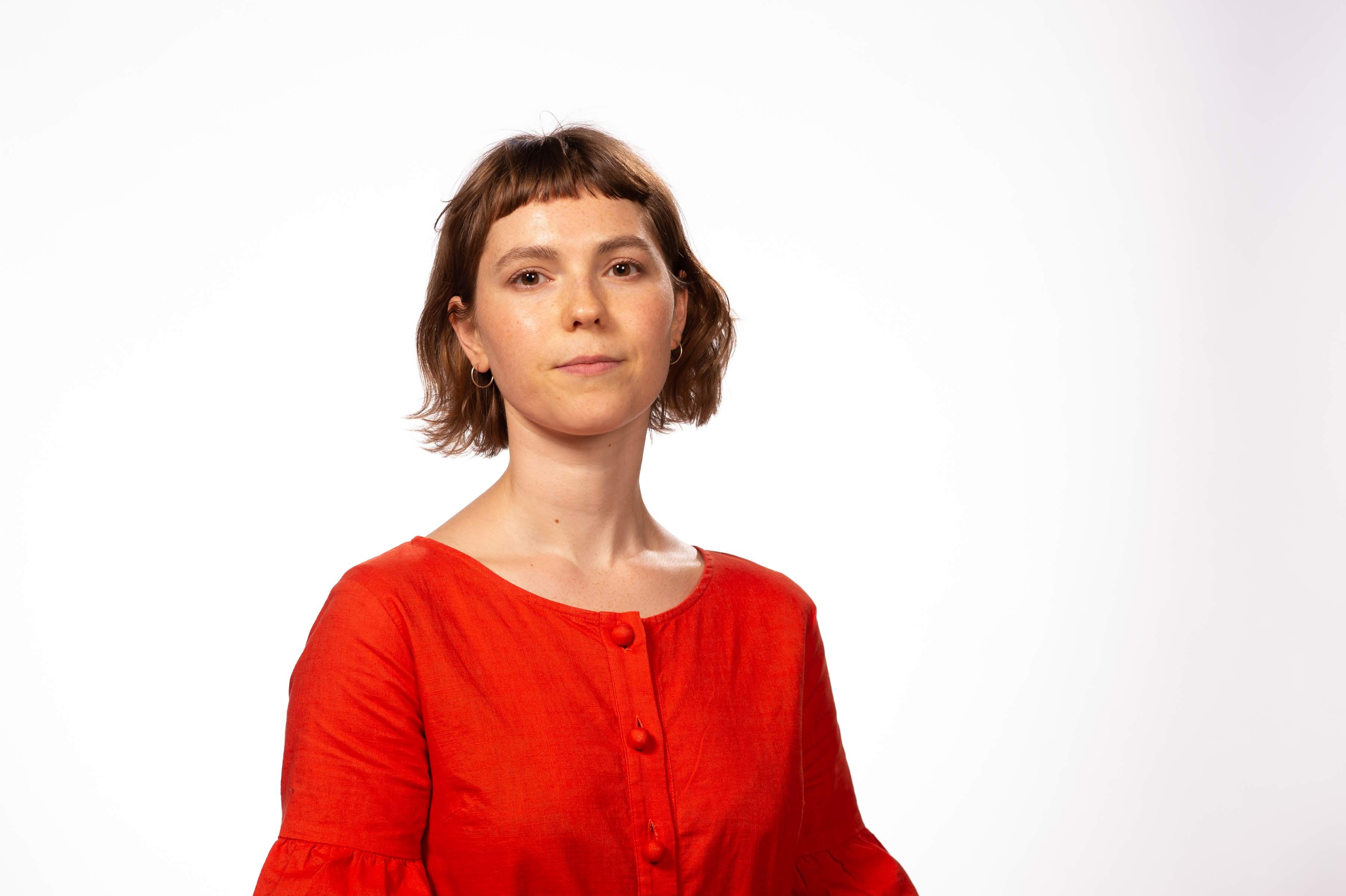
Biography
A cultural geographer by training, Nina's research is concept-led and revolves around theorising creativity in the context of art and design in conversation with ideas from process philosophy, speculative thinking and geophilosophy. Nina's work intersects with design studies and she has collaborated with design institutions and practitioners to understand how biomaterial and regenerative design practices challenge the idea that design is...view more
A cultural geographer by training, Nina's research is concept-led and revolves around theorising creativity in the context of art and design in conversation with ideas from process philosophy, speculative thinking and geophilosophy. Nina's work intersects with design studies and she has collaborated with design institutions and practitioners to understand how biomaterial and regenerative design practices challenge the idea that design is exclusively by and for humans. She is the co-editor (with Dr Thomas Keating) of the book Speculative Geographies: Ethics, Technologies, Aesthetics (Palgrave MacMillan, 2022).
Nina obtained a BA (hons) in Geography at the University of Manchester in 2011; an MSc in Human Geography: Society and Space at the University of Bristol in 2012; and a PhD in Human Geography at the University of Bristol in 2017. Before commencing her current role at UNSW Canberra in 2019, she worked as a Research Associate in Urban Living in the department of Civil Engineering at the University of Bristol and as a Lecturer in Human Geography in the School of Geographical Sciences at the University of Bristol.
My Research Supervision
Supervision keywords
Currently supervising
Tara Elisabeth Jeyasingh 'Lives, Lines and Lights: problematising geographic thinking with Deleuze and Guattari and Glissant'
Sabrina Shanto - 'Harassment and the Emotional Geographies of Fear on Public Transport in Dhaka'
Christian Sirois - 'The Yassification of the Balkans: Media, Perception, and Power '